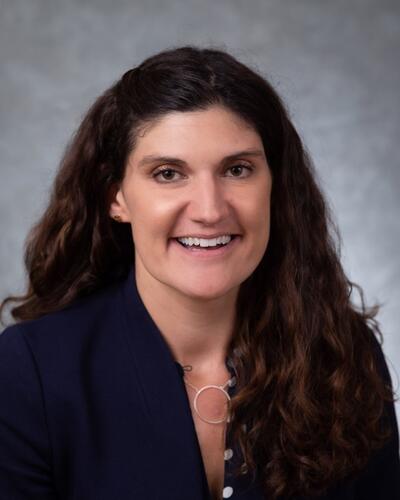
Office Hours
See Syllabus
Curriculum Vitae
Education
B.S., Canisus College
M.B.A., Canisus College
Ph.D., University at Buffalo
Publications
Felski, Elizabeth. (2015). Do common features exist among countries that locally adopt IFRS? International Journal of Accounting and Financial Reporting. Vol. 5(2).
Felski, Elizabeth. (2017). How Does Local Adoption of IFRS for those Countries who Modify IFRS by Design, Impair Comparability over Countries who have not Adapted IFRS? Journal of International Accounting Research. Vol, 16 (1)
More About Me
Affiliations
American Accounting Association
New York State Society of CPAs
Research Interests
International Financial Reporting Standards adoption
Classes
-
ACCT 103: Intro to Managerial Accounting
An introduction to managerial accounting theory and practice. Emphasis is given to managerial accounting concepts; cost-volume-profit relationships; job, process, and absorption costing; budgeting; standard costs and variance analysis; price level changes; and the use of managerial accounting information in decision-making.
-
ACCT 270: Managerial Accounting I
An in-depth study of the theory and practice of managerial accounting. Emphasis is given to cost-volume-profit relationships; cost behavior and cost allocation; job, process, joint and by-product costing; the master budget; standard costs and variance analysis; and responsibility accounting.
-
ACCT 350: Forensic Accounting and Fraud
This course explores the forensic accountant's role in today's economy. Topics covered include fraud detection and fraud investigation techniques, valuation of closely held businesses, lost profits analyses, and various types of litigation support services. Fundamental legal concepts governing expert witness testimony are also examined, and students are required to quantify economic damages in cases. By the end of the course students are able to understand both the pervasiveness and the causes of fraud and white-collar crime in our society, examine the types of fraud and fraud schemes that affect business enterprises, explore methods of fraud detection and prevention, and increase their ability to recognize potential fraudulent situations.